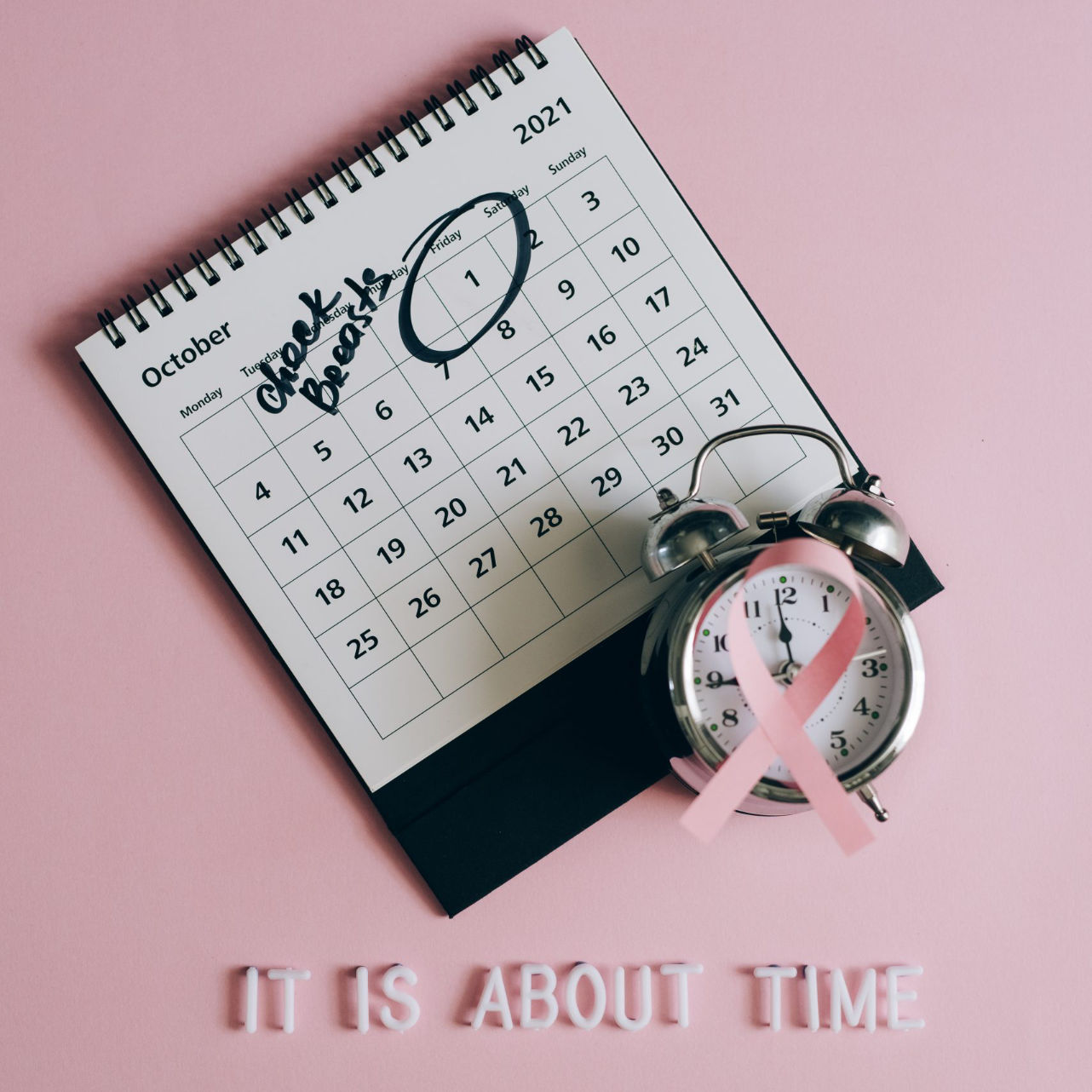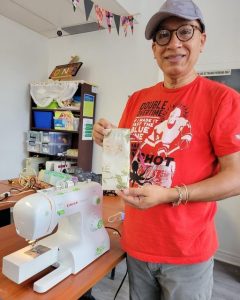Breast cancer is the most common cancer in Ontario women. Approximately one in eight women will get breast cancer in their lifetime, but more people in Ontario survive breast cancer than almost every other cancer.
This Breast Cancer Awareness Month, learn how to help protect yourself.
Reduce Your Risk:
There are things you can do in your everyday life that could reduce your risk of breast cancer and help you live a healthier life.
- Limit the amount of alcohol you drink
- Maintain a healthy body weight
- Be physically active on a regular basis
- Avoid using tobacco products and limit exposure to second-hand smoke
- Talk to your healthcare provider about your personal and family health history
Visit My CancerIQ to learn more about your breast cancer risk and how to reduce your risk.
 Get Screened:
Get Screened:
Regular breast cancer screening is important because it can find cancer early when treatment has a better chance of working.
The Ontario Breast Screening Program (OBSP) recommends that:
- Most people ages 50 to 74 who are eligible for the OBSP get screened every two years with a mammogram. Eligible people ages 50 to 74 can talk to their healthcare provider about getting screened or contact an OBSP location to make a mammogram appointment (a referral is not needed). To find an OBSP location click here or call 1-800-668-9304.
- People ages 30 to 69 who meet the High Risk OBSP eligibility criteria get screened once a year with both a mammogram and breast MRI.
- If you are 30 to 69 years old and think you may be at high risk of getting breast cancer based on your personal or family history, talk to your healthcare provider.
Be Breast Aware:
This means knowing how your breasts normally look and feel so that you are more likely to notice any unusual changes. Regardless of your age, if you notice any changes with your breasts or have concerns, see your healthcare provider. Most changes are not cancer, but they should be checked.
Talk to your healthcare provider if you notice any of the following:
- A lump or dimpling on the breast
- Changes in the nipple or fluid coming from the nipple
- Redness or skin changes that do not go away Any other changes in the breasts
This Breast Cancer Awareness Month, speak to your healthcare provider about your breast health and screening test options. To learn more, visit www.cancercareontario.ca/bcam.



